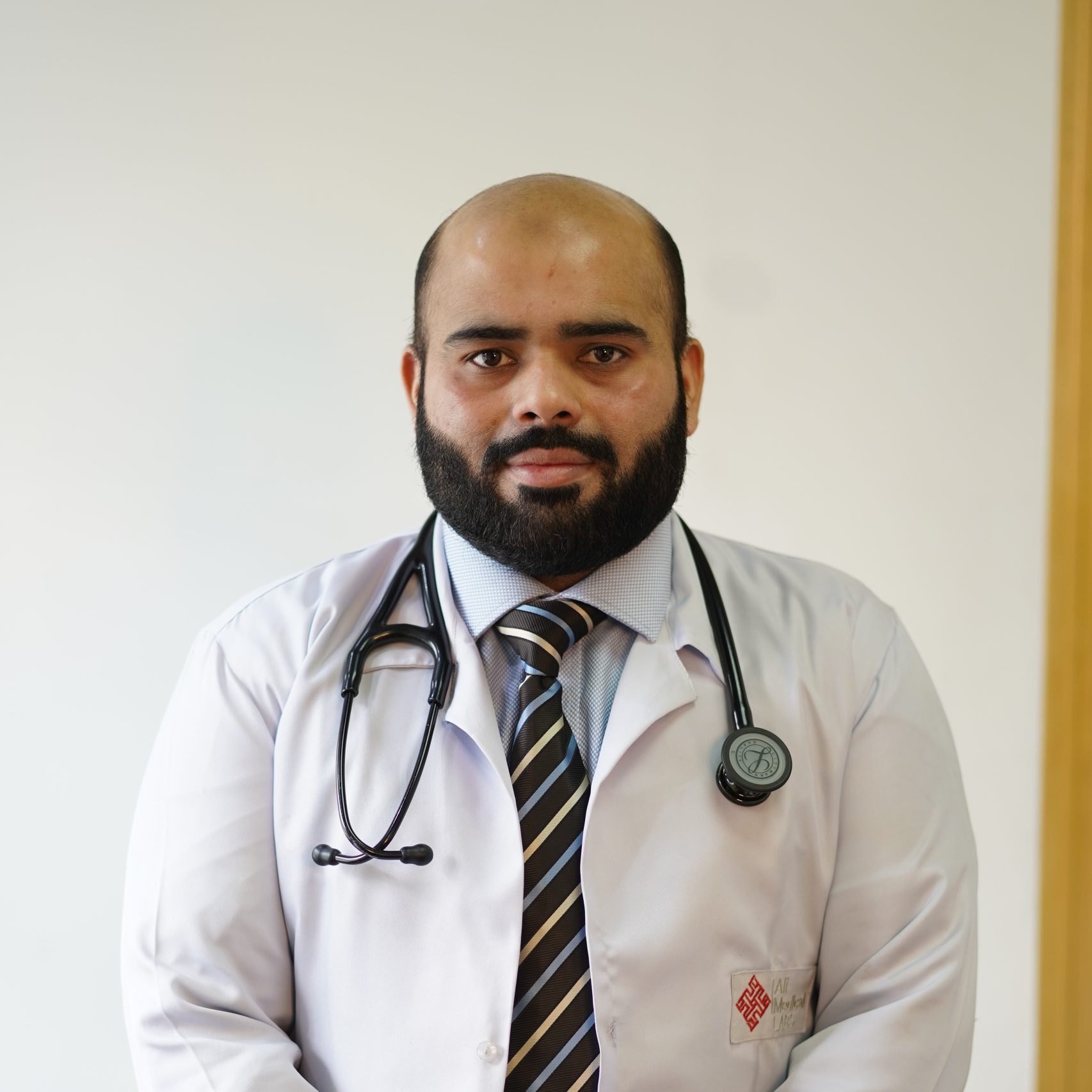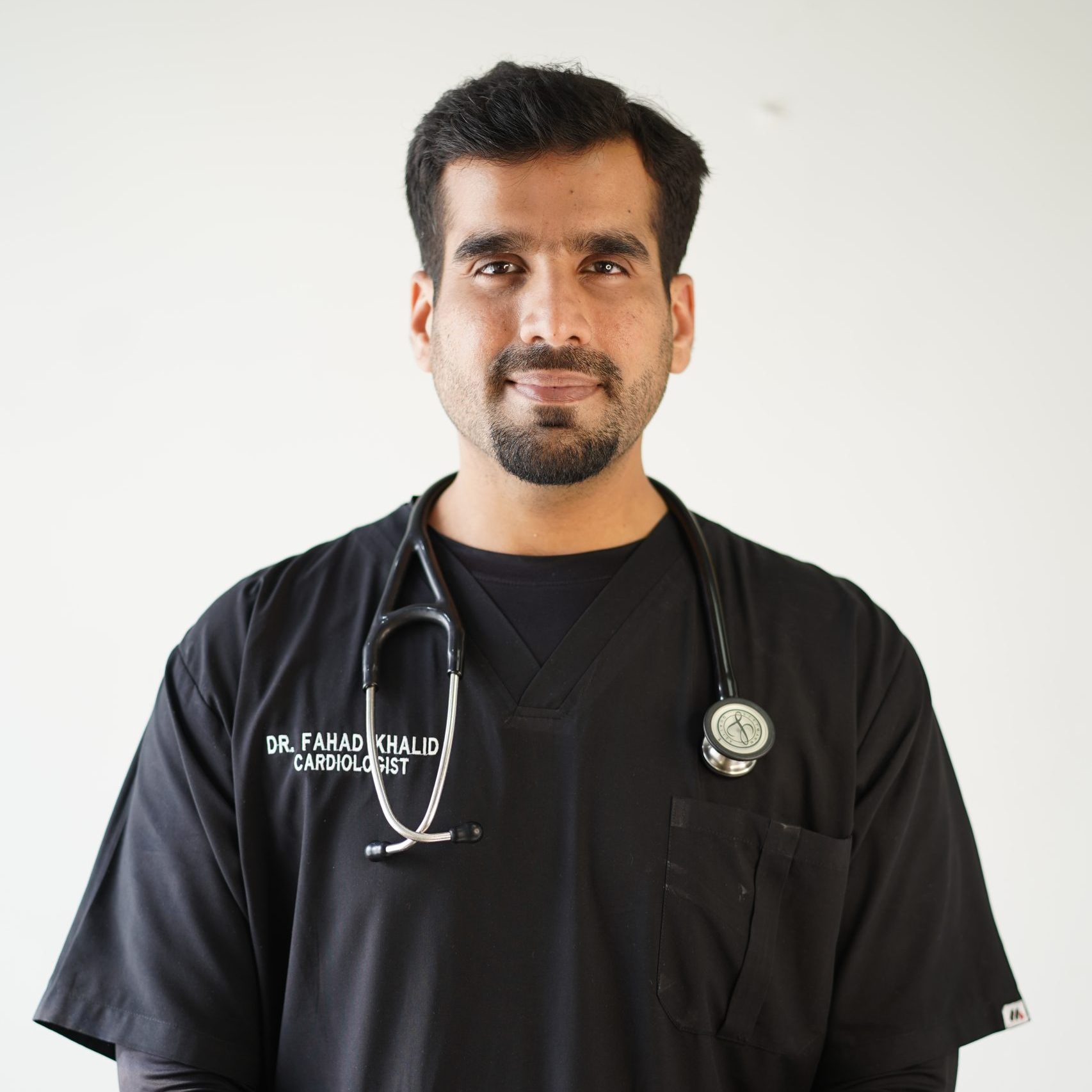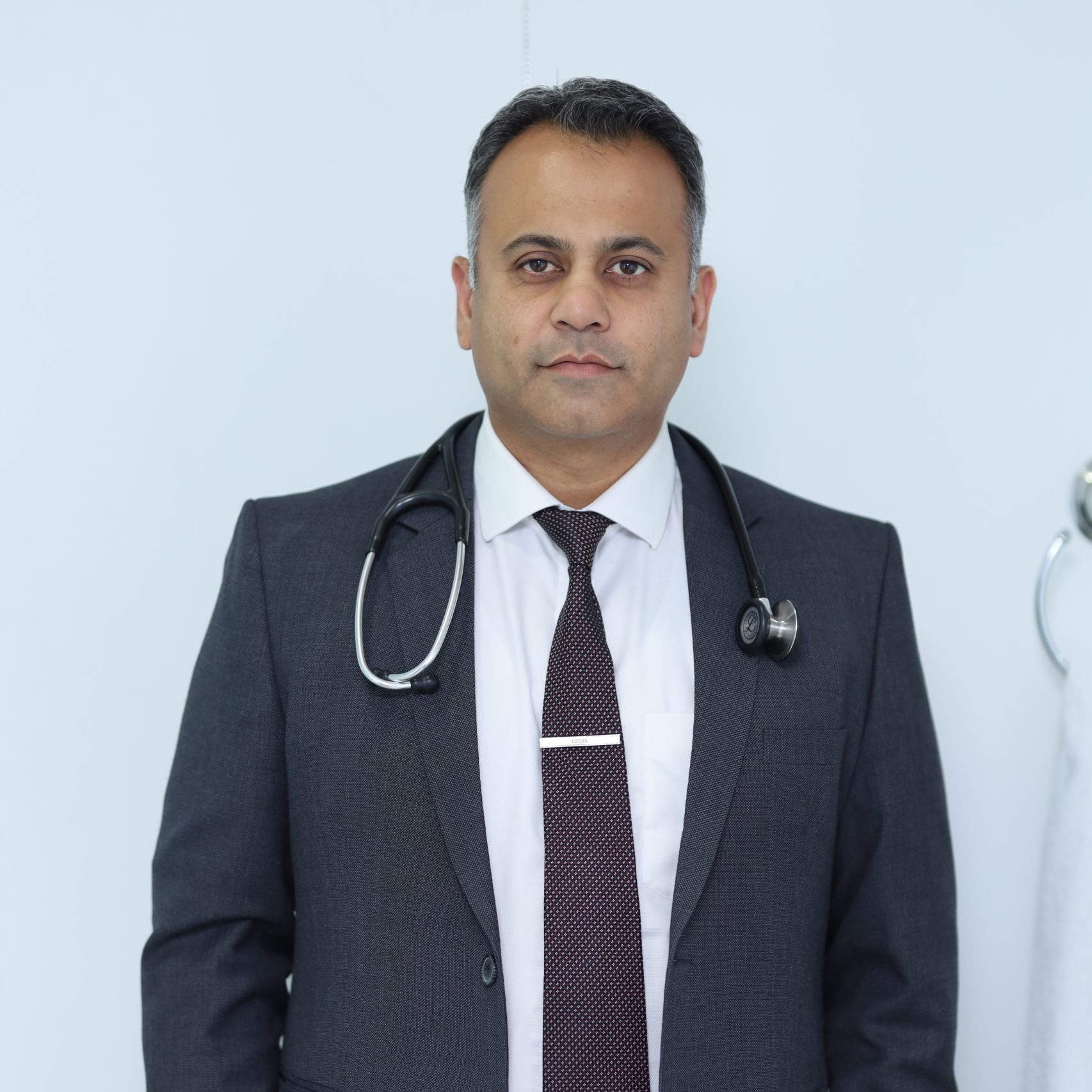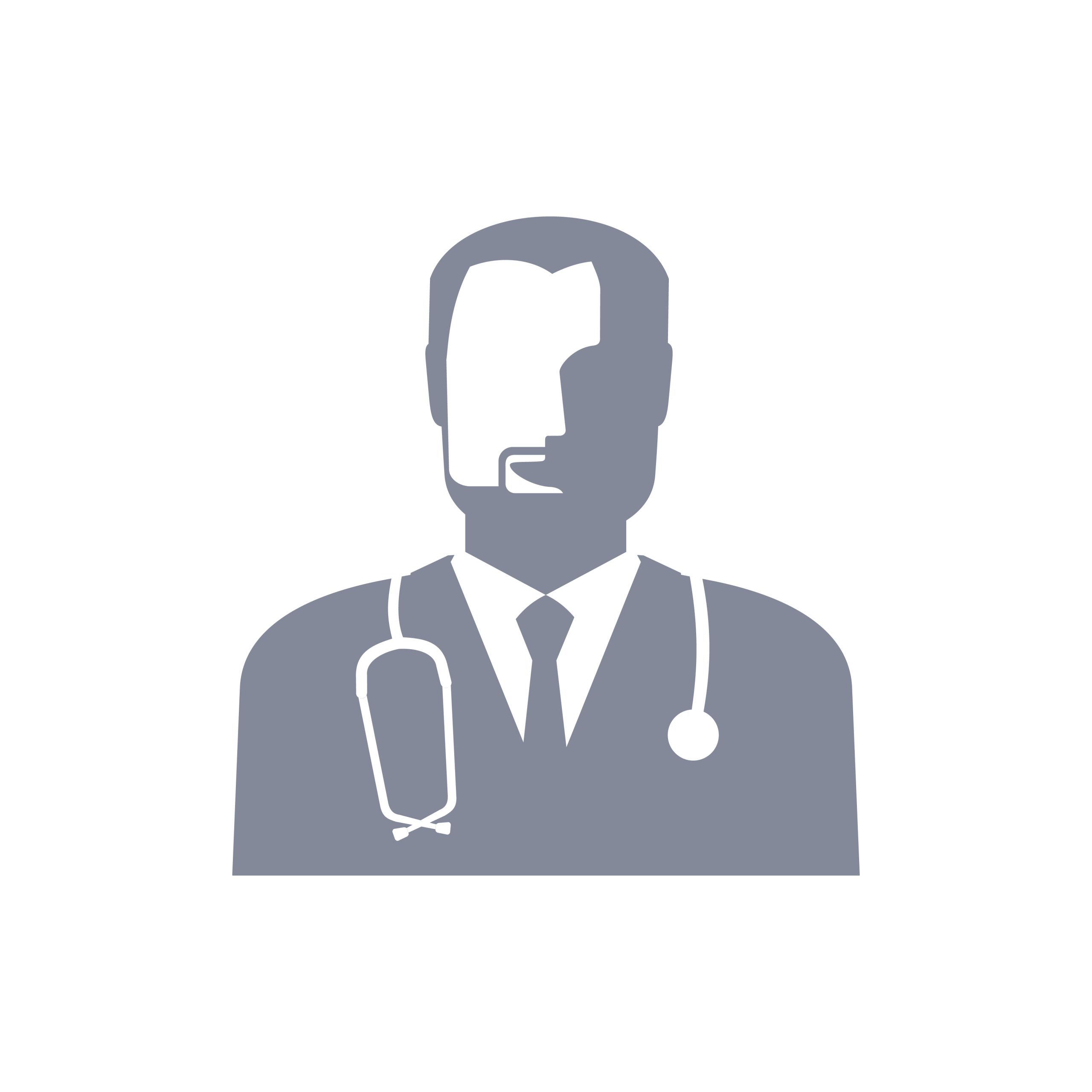The Cardiology Department at our hospital is dedicated to providing comprehensive care for patients with heart-related conditions. Our team of experienced cardiologists, nurses, and support staff offers a range of services, including diagnostic tests, interventional procedures, and cardiac rehabilitation. We prioritize patient-centered care, utilizing advanced technology and evidence-based practices to deliver the highest standards of cardiovascular treatment and management.
Services:
Our cardiology services encompass comprehensive cardiac care, including diagnostic testing, interventional procedures, and ongoing management of heart conditions. We specialize in diagnosing and treating a wide range of cardiovascular issues such as coronary artery disease, heart failure, arrhythmias, and structural heart abnormalities. Our team offers state-of-the-art treatments including minimally invasive procedures, medication management, and cardiac rehabilitation to optimize heart health and improve outcomes for our patients.
Our Doctors
Dr. Muhammad Omair Zahid
ConsultantCardiologistDr. Fahad Khalid
Consultant CardiologyDr. Jibran Bari Khan
Consultant CardiologyDr. Muhammad Aamer Niaz
Consultant CardiologyDr. Syed Naveed Pirzada
Consultant CardiologyFAQs
1. What is cardiology?
Cardiology is the medical specialty that focuses on the diagnosis, treatment, and prevention of diseases and conditions related to the heart and blood vessels (cardiovascular system). Cardiologists are physicians who specialize in caring for patients with heart-related conditions.
2. When should I see a cardiologist?
You should consider seeing a cardiologist if you experience symptoms such as chest pain, shortness of breath, palpitations, fainting or dizziness, high blood pressure, high cholesterol, or if you have risk factors for heart disease such as family history, smoking, obesity, diabetes, or sedentary lifestyle.
3. What conditions do cardiologists treat?
Cardiologists diagnose and manage a wide range of cardiovascular conditions, including but not limited to:
- Coronary artery disease (angina, heart attack)
- Heart failure
- Arrhythmias (irregular heartbeats)
- Hypertension (high blood pressure)
- Hyperlipidemia (high cholesterol)
- Valvular heart disease
- Congenital heart defects
- Peripheral artery disease
- Cardiomyopathies
5. Can heart disease be prevented?
While some risk factors for heart disease such as age, gender, and family history are beyond control, many factors are modifiable through lifestyle changes and preventive measures. This includes maintaining a healthy diet low in saturated fats and salt, regular exercise, maintaining a healthy weight, not smoking, limiting alcohol consumption, managing stress, and controlling conditions such as high blood pressure, high cholesterol, and diabetes.
6. What treatments are available for heart disease?
Treatment for heart disease depends on the specific condition and severity of the disease. It may include medications (such as statins, beta-blockers, ACE inhibitors), lifestyle modifications (such as diet, exercise, smoking cessation), cardiac rehabilitation, medical procedures (such as angioplasty, stent placement, heart valve repair or replacement), or surgical interventions (such as coronary artery bypass surgery, heart transplant).
7. How can I keep my heart healthy?
To maintain heart health and reduce the risk of heart disease, it's important to adopt heart-healthy lifestyle habits such as eating a balanced diet rich in fruits, vegetables, whole grains, and lean proteins, engaging in regular physical activity, maintaining a healthy weight, avoiding tobacco smoke, limiting alcohol intake, managing stress, getting regular check-ups to monitor blood pressure, cholesterol levels, and overall cardiovascular health.
These FAQs provide general information about cardiology and common questions related to heart health and cardiovascular conditions. If you have specific concerns or symptoms, it’s important to consult with a qualified cardiologist for personalized evaluation and treatment.







